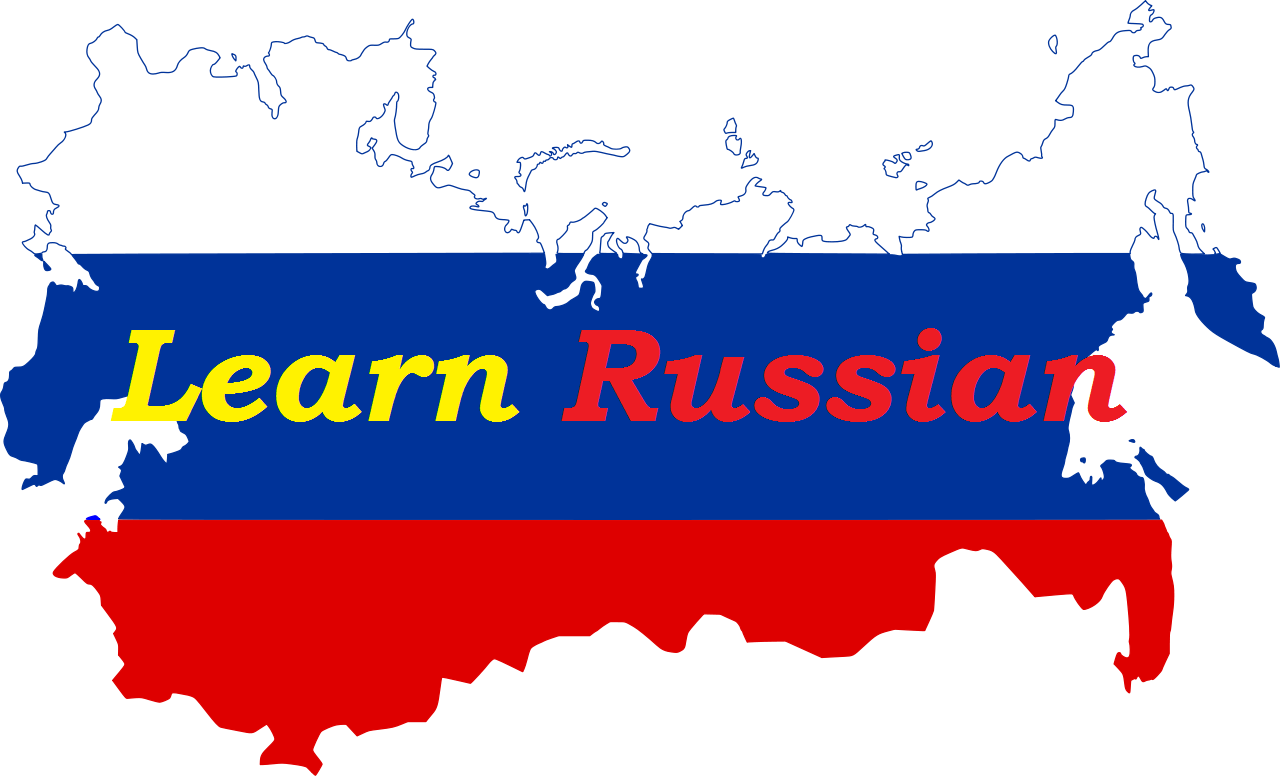
There are many ways and approaches to learning a language. Some people combine listening to podcasts with doing grammar exercises on paper, and some practice online in various apps. Nowadays, it is quite popular to do language exchange with native speakers or people who have the same level as you do. Whatever the learner does, it helps to progress and prevail.
Reading stays to be one of the most efficient ways of enhancing skills in any language. Even if you have just become familiar with the Russian alphabet and know almost no phrases, reading can still give you lots of useful, practical words and expressions. You may read on your own or do it with a Russian online teacher; both ways will bring you closer to your goal.
First of all, you need to know what to read, according to your aims. It is worth mentioning that starting with reading fairy tales or books with stories for kids is useless, especially if you are an A1 or A2 level student. Due to the narrow, specific vocabulary and stylistics in such books, they hardly ever help you to learn everyday phrases.
Here you are the list of recommended materials for reading

- the Russian fiction: classic and modern, adapted for each level;
- news and articles on different topics on the Internet;
- memes;
- non-adapted Russian literature.
So, reading the adapted texts is supposed to be one of the best resources. And that is not a surprise at all. Since there are plenty of various stories and novels of all genres that have been adjusted to a reader from A0+ to B1+ levels. Moreover, such books contain only widely used vocabulary, replacing old-fashioned words and expressions.
Also, in adapted texts, they provide learners with parallel translation or translation of possibly unknown words and even grammar exercises after each chapter. That’s why such studying resources are so valuable.
Why can news on websites boost your Russian in a fast way? First, all texts there are authentic. In other words, you read real, natural articles as a native speaker. Second, if you read fresh breaking news, you could be familiar with its content as before you learned about it in your native language. Therefore, some unknown words don’t need any translation since they are clear from the context.

Besides, many news sites have their own podcasts and/or voiced texts of the articles. So, you are lucky to listen to native speakers. That way, the learner kills two (even three) rabbits with one stone: he improves reading and enhances his/her listening and pronunciation skills.
If you are tired of the official language and want to know more slang and even curse words, then it is worth reading Russian memes. Normally, they are full of such materials. But then you may probably need help from a native speaker as most dictionaries can’t keep up with the “street” Russian.
Finally, for those who achieved a B2 level, it is highly recommended to turn to non-adapted Russian fiction. Of course, classical literature is for real nerds. But a contemporary one might be truly helpful to enrich academic Russian and not sound like a dinosaur.
For now, that is all. Keep progressing and read interesting, compelling, and qualitative content.








